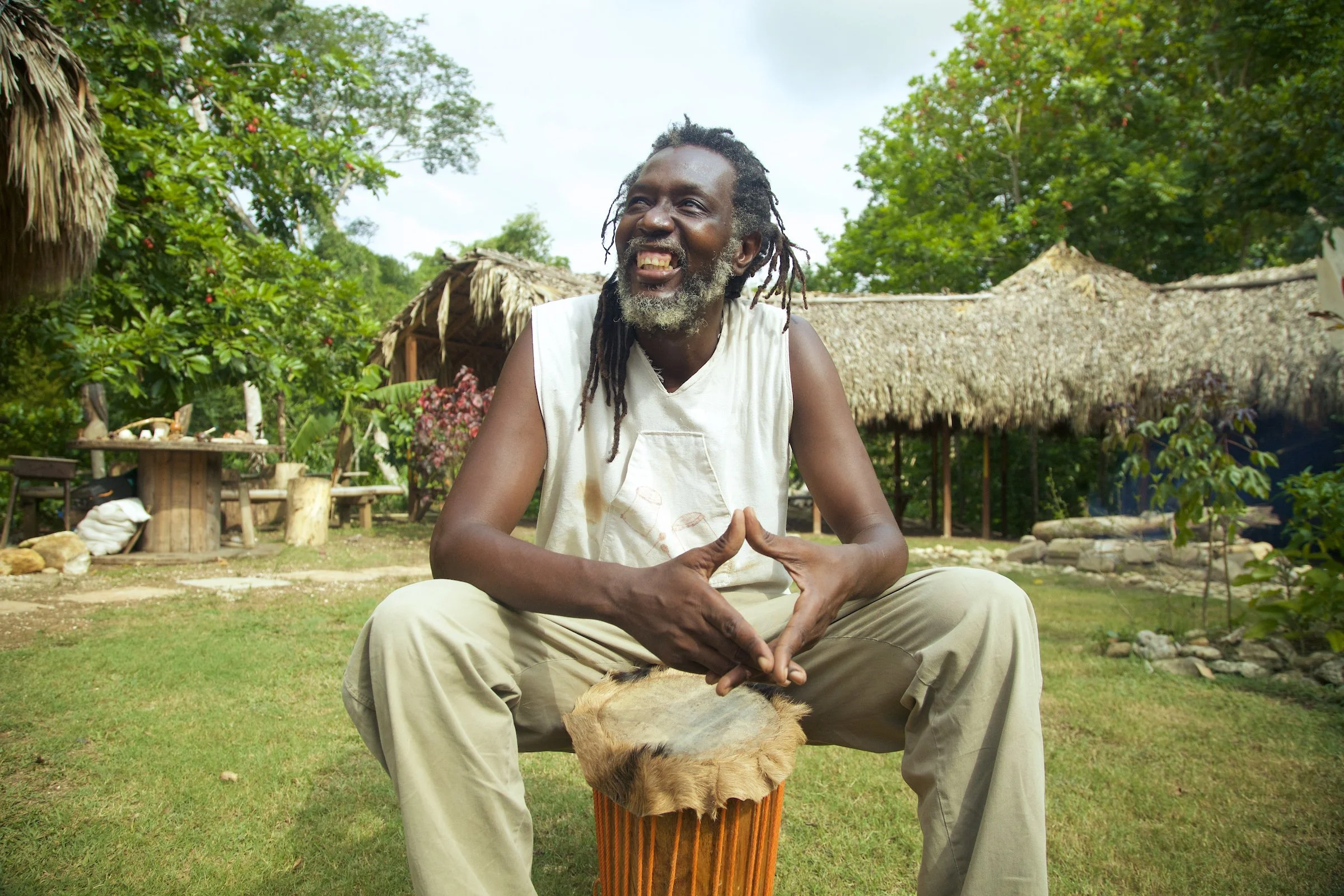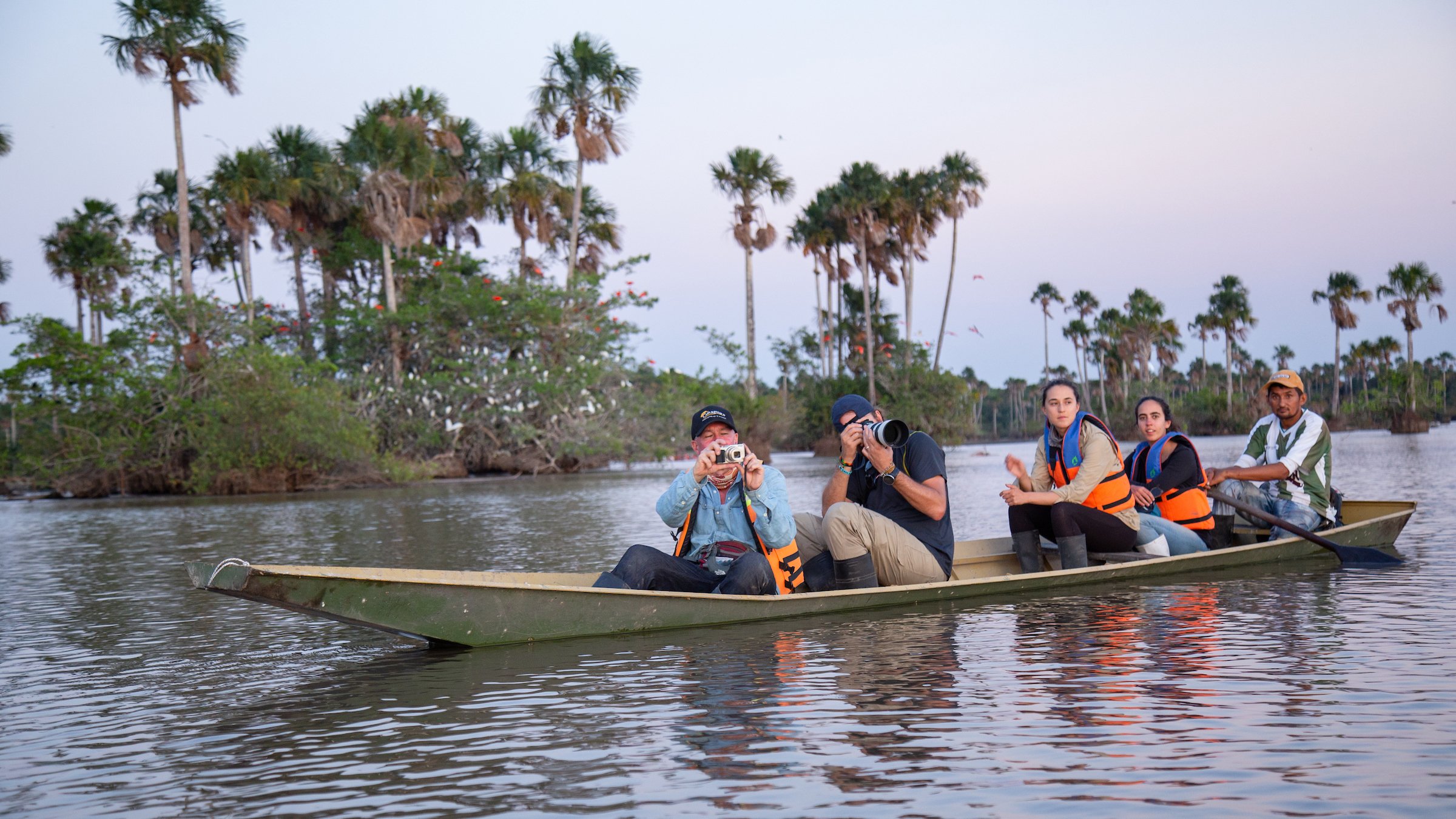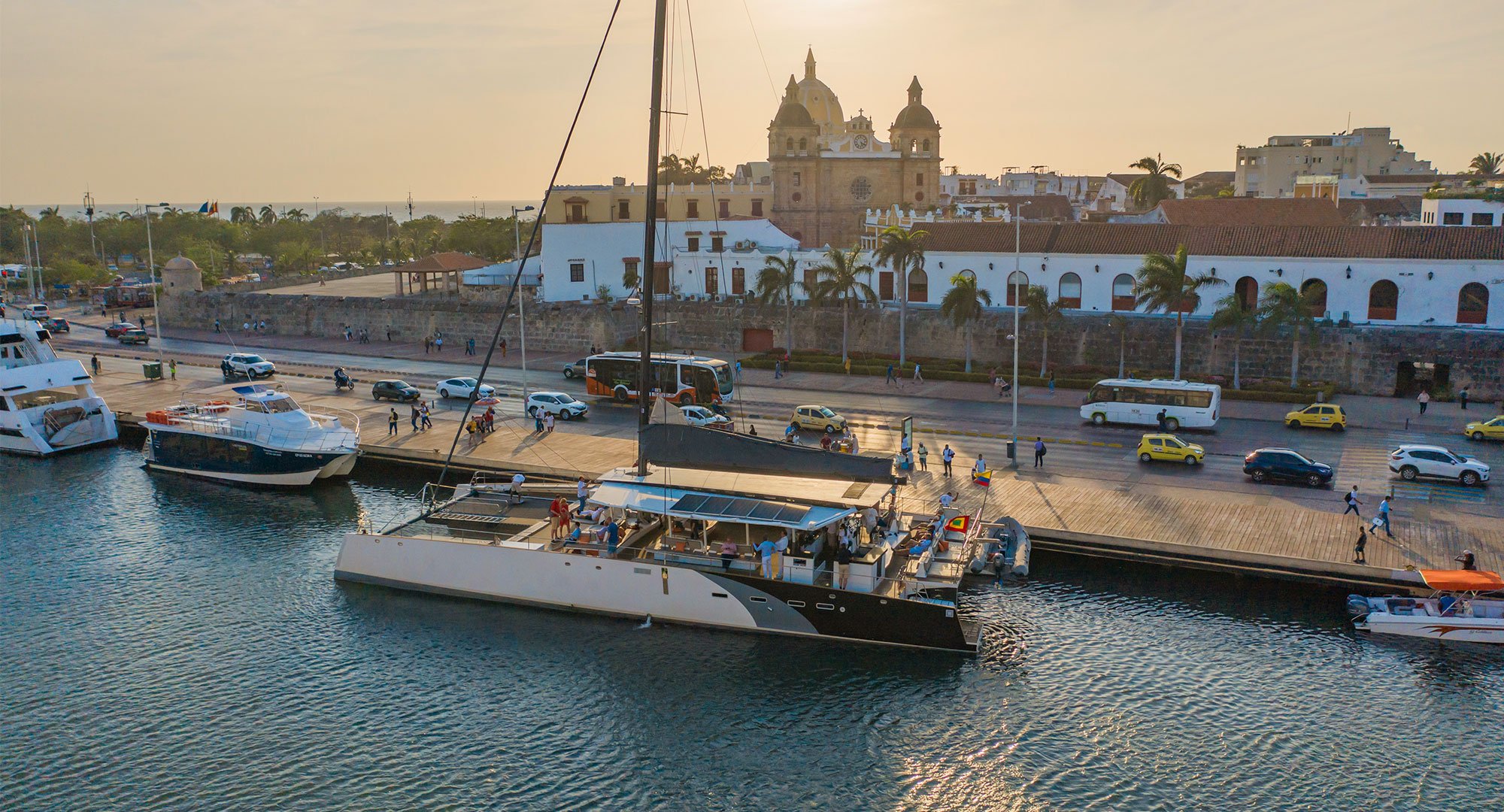Tourism Business Sustainability
Despite being key users of destinations' environmental resources and natural and cultural assets, tourism businesses are not contributing to their preservation in the same proportion that they are using them to support their activities.
WhereNext worked on a community ecotourism project in Colombia’s Montes de Maria region with Awake Travel and USAID
With each passing day, tourism businesses and service providers are facing increasing pressure to embed sustainable practices into their operations and business models, and rightly so. Despite being key users of destinations' environmental resources and natural and cultural assets, tourism businesses are not contributing to their preservation in the same proportion that they are using them to support their activities.
In addition, some businesses still fail to perceive tourism as an ecosystem service: an activity that depends on visitors' access to services like food, energy, or water, all benefits we obtain directly from nature. Therefore, it is difficult to deny that tourism has a responsibility to conserve the destinations' natural and cultural values on which it depends.
So, if you are an entrepreneur or business manager who has become aware of this responsibility for conservation and sustainability but has little time to participate in the overload of webinars, conferences, and events that have surged in recent years, this blog post is for you. With so many elements to address within any business, I would like to encourage you to ask yourself if you are on the right track to sustainability. Here are some questions to get you started:
Are you investing in your product in the long run?
At the end of the day, what tourism businesses sell is nature and culture, either directly through nature or cultural tourism experiences or indirectly through the benefits we obtain from them. But as we have seen in recent years, both nature and culture can be perishable. So why do we still fail to realize that investing in sustainability equals investing in our tourism products and our future competitiveness?
As other economic sectors invest in their product to improve their competitiveness, tourism businesses must do the same. Investing in nature and culture as tourism products does not require significant cash outlays. It only requires the will to put conservation and sustainability at the heart of tourism operations and business models.
In Colombia’s Casanare region, local operators are putting nature and culture at the heart of their tourism products: we filmed videos there with Awake Travel and USAID.
Are you aware of the negative externalities of your business?
It is now widely recognized that tourism results in several negative externalities when it is inadequately planned and driven by a short-term market outlook. These are all related to the larger sustainability issues that the world is facing today. From an environmental standpoint, the main negative externalities are increasing carbon emissions, intensive energy use, high levels of water consumption and baseline water stress, solid waste pollution, ecosystem degradation, land use change, and threats to biodiversity. From a cultural standpoint, we can see damage to cultural heritage and infrastructure, discrimination and inequality, cultural erosion and appropriation, and threats to community integrity, among others. Therefore, tourism business managers and entrepreneurs must reflect on their businesses' negative externalities and ask themselves if they are contributing to either accelerating or mitigating some of humanity's greatest challenges.
Are you implementing strategies and actions to control, mitigate, and offset your impacts?
Looking at the magnitude of tourism's negative externalities, researchers have concluded that if the sector's sustainability dynamic does not change in the coming years, tourism's environmental footprint will triple by 2050. This will put at risk our tourism products, our competitiveness as a sector, and tourism's viability as an economic activity. So, mere intentions will not suffice. Instead, tourism businesses must acknowledge this challenge and design and implement specific strategies to address their negative externalities. And while this can sound intimidating, strategies do not have to be overly complex. On the contrary, many simple actions can be taken effectively to reduce tourism businesses' environmental and cultural footprints while also increasing their business productivity.
One of our projects was promoting community tourism initiatives in Jamaica with Solimar International.
Do you understand how sustainability can improve your business productivity?
While an increasing number of tourism businesses are now moving sustainability to the core of their operations, some still associate sustainability with philanthropy, corporate social responsibility, or the mere intention to give back. However, there is increasing evidence that sustainable business practices can contribute to:
Greater operational efficiency.
Cost reductions in public services.
Supply management efficiencies.
Higher brand value and recognition.
Greater job generation.
More attractiveness to foreign investment.
Higher tourist flows, among other competitive advantages for tourism businesses.
With Awake Travel and USAID, we have worked on sustainable ecotourism and community tourism projects in the Colombian Eastern Plains region.
What are you communicating to your clients and tourists?
Tourism businesses are responsible for introducing sustainability to the traveler experience. Who else could educate travelers to stay on the trails when visiting a national park, be mindful of how they use water and other destination resources, or reduce the volume of waste they generate while traveling? Tourism businesses can design and offer responsible and memorable experiences that raise visitors' awareness of the role they play in the sustainability of the places they visit, even if they are sometimes unaware of such a role.
The global crisis we are facing has resulted in a growing number of tourists re-evaluating some of their travel habits and behaviors, and feeling inclined to choose more sustainable products and options, even if they come at a higher cost. If your tourism business wants to be able to respond and keep up with consumer trends, sustainability cannot be left behind.
WhereNext Consulting works with tourism businesses to support them in implementing sustainable business practices that improve their current and future productivity and competitiveness and add value to the destinations where they operate.










